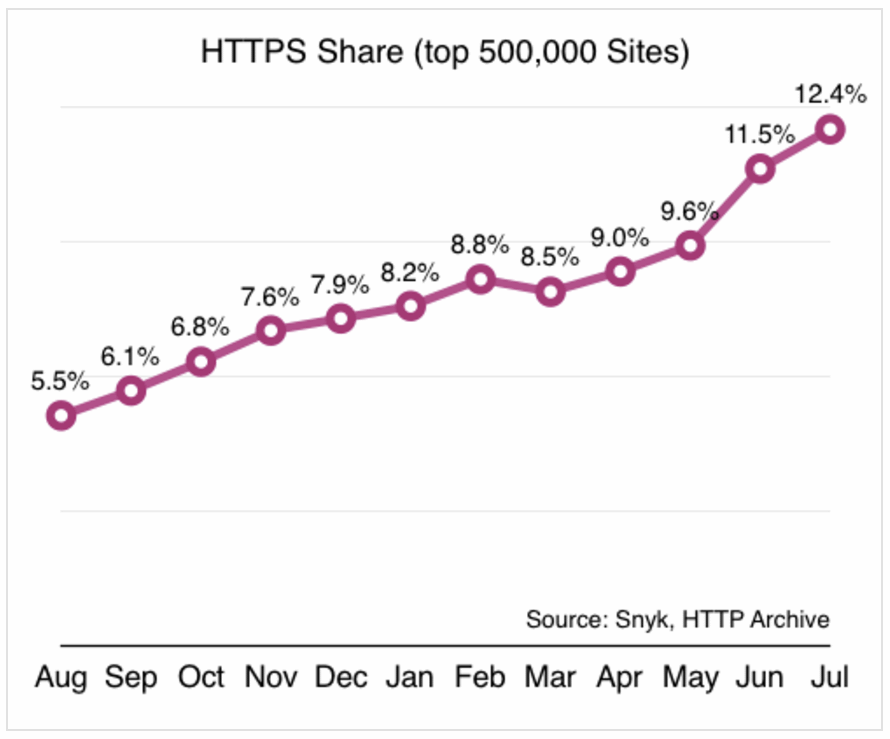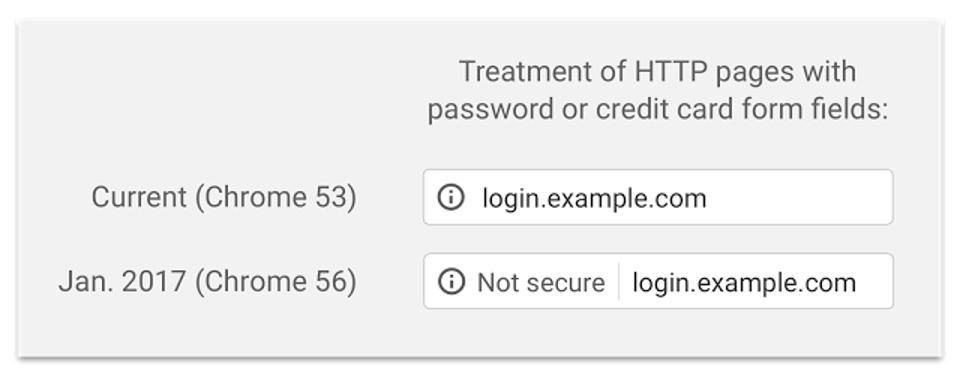HB PHP Events Calendar
Read more at http://www.phpclasses.org/package/10060-PHP-Display-HTML-calendars-with-events-from-a-database.html#2016-11-26-02:30:20
The release candidate for WordPress 4.7 is now available.
RC means we think we’re done, but with millions of users and thousands of plugins and themes, it’s possible we’ve missed something. We hope to ship WordPress 4.7 on Tuesday, December 6, but we need your help to get there. If you haven’t tested 4.7 yet, now is the time! To test WordPress 4.7, you can use the WordPress Beta Tester plugin or you can download the release candidate here (zip).
WordPress 4.7 is a jam-packed release, with a number of features focused on getting a theme set up for the first time. Highlights include a new default theme, video headers, custom CSS, customizer edit shortcuts, PDF thumbnail previews, user admin languages, REST API content endpoints, post type templates, and more.
We’ve made quite a few refinements since releasing Beta 4 a week ago, including usability and accessibility enhancements for video headers, media and page template support in starter content, and polishing of how custom CSS can be migrated to and extended by plugins and themes. The REST API endpoints saw a number of bugfixes and notably now have anonymous comment off by default.
Not sure where to start with testing? Try setting up a fresh site on a new installation with Twenty Seventeen (hint: head into customizing your site before touching any pages or widgets) and taking notes on what you enjoyed and what got you stuck. For more details about what’s new in version 4.7, check out the Beta 1, Beta 2, Beta 3, and Beta 4 blog posts.
Think you’ve found a bug? Please post to the Alpha/Beta support forum. If any known issues come up, you’ll be able to find them here.
Developers, please test your plugins and themes against WordPress 4.7 and update your plugin’s Tested up to version in the readme to 4.7. If you find compatibility problems please be sure to post to the support forums so we can figure those out before the final release – we work hard to avoid breaking things. An in-depth field guide to developer-focused changes is coming soon on the core development blog.
Do you speak a language other than English? Help us translate WordPress into more than 100 languages! And if you haven’t yet done so, now is a great time to take the Annual WordPress Survey and send it on to your friends.
Happy testing! And now for another Rami Abraham haiku break.
Select your language
Then let your users choose theirs
get_user_locale()
Theme authors rejoice
Any option may employ
Selective refresh
Custom header video
Make sure to add_theme_support
Bling above the fold
A new template dawns
A hierarchy member
Post-type templates live
PDF updates
Pack a parade of polish
Prettier previews
Template Post Type: New
Template Post Type: And Useful
Template Post Type: Thing
Let lists live lively
Laud wp_list_sort()
Less laconic lists

I'll admit I was late to the HTTPS party.
But post Snowden, and particularly after the result of the last election here in the US, it's clear that everything on the web should be encrypted by default.
Why?
You have an unalienable right to privacy, both in the real world and online. And without HTTPS you have zero online privacy – from anyone else on your WiFi, from your network provider, from website operators, from large companies, from the government.
The performance penalty of HTTPS is gone, in fact, HTTPS arguably performs better than HTTP on modern devices.
Using HTTPS means nobody can tamper with the content in your web browser. This was a bit of an abstract concern five years ago, but these days, there are more and more instances of upstream providers actively mucking with the data that passes through their pipes. For example, if Comcast detects you have a copyright strike, they'll insert banners into your web content … all your web content! And that's what the good guy scenario looks like – or at least a corporation trying to follow the rules. Imagine what it looks like when someone, or some large company, decides the rules don't apply to them?
So, how do you as an end user "use" encryption on the web? Mostly, you lobby for the websites you use regularly to adopt it. And it's working. In the last year, the use of HTTPS by default on websites has doubled.

Browsers can help, too. By January 2017, Google Chrome will show this alert in the UI when a login or credit card form is displayed on an unencrypted connection:

Additionally, Google is throwing their considerable weight behind this effort by ranking non-encrypted websites lower in search results.
But there's another essential part required for encryption to work on any websites – the HTTPS certificate. Historically these certificates have been issued by certificate authorities, and they were at least $30 per year per website, sometimes hundreds of dollars per year. Without that required cash each year, without the SSL certificate that you must re-purchase every year in perpetuity – you can't encrypt anything.
That is, until Let's Encrypt arrived on the scene.
Let's Encrypt is a 501.3(c)(3) non-profit organization supported by the Linux Foundation. They've been in beta for about a year now, and to my knowledge they are the only reliable, official free source of SSL certificates that has ever existed.
However, because Let's Encrypt is a non-profit organization, not owned by any company that must make a profit from each SSL certificate they issue, they need our support:
As a company, we've donated a Discourse hosted support community, and a cash amount that represents how much we would have paid in a year to one of the existing for-profit certificate authorities to set up HTTPS for all the Discourse websites we host.
I urge you to do the same:
Estimate how much you would have paid for any free SSL certificates you obtained from Let's Encrypt, and please donate that amount to Let's Encrypt.
If you work for a large company, urge them to sponsor Let's Encrypt as a fundamental cornerstone of a safe web.
If you believe in an unalienable right to privacy on the Internet for every citizen in every nation, please support Let's Encrypt.
| [advertisement] Find a better job the Stack Overflow way - what you need when you need it, no spam, and no scams. |